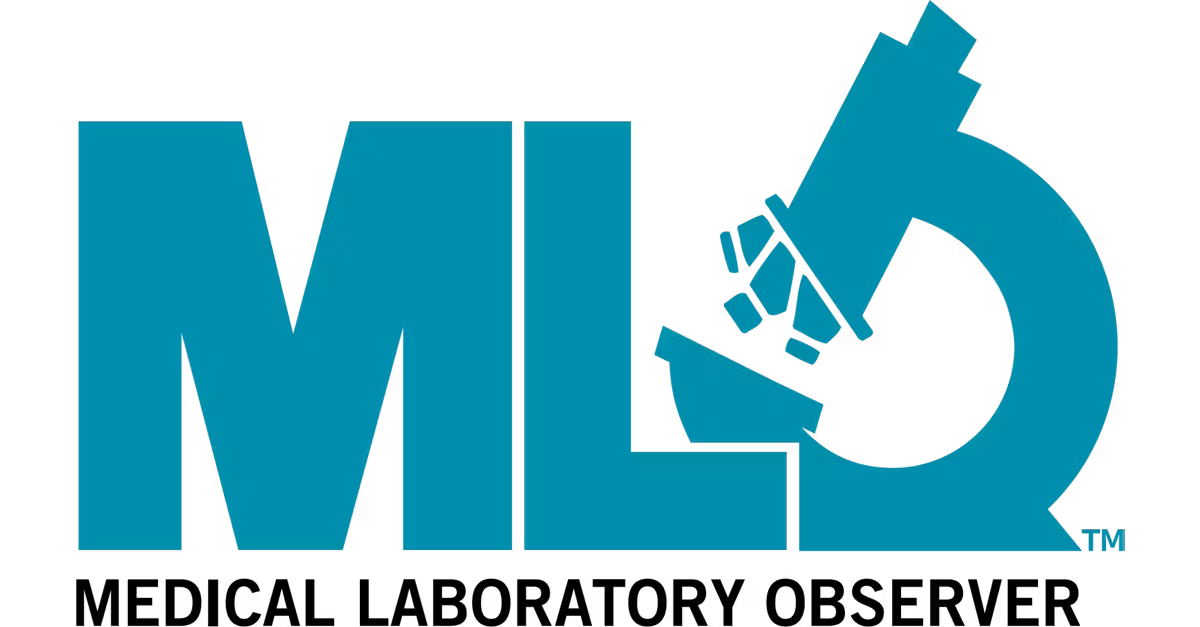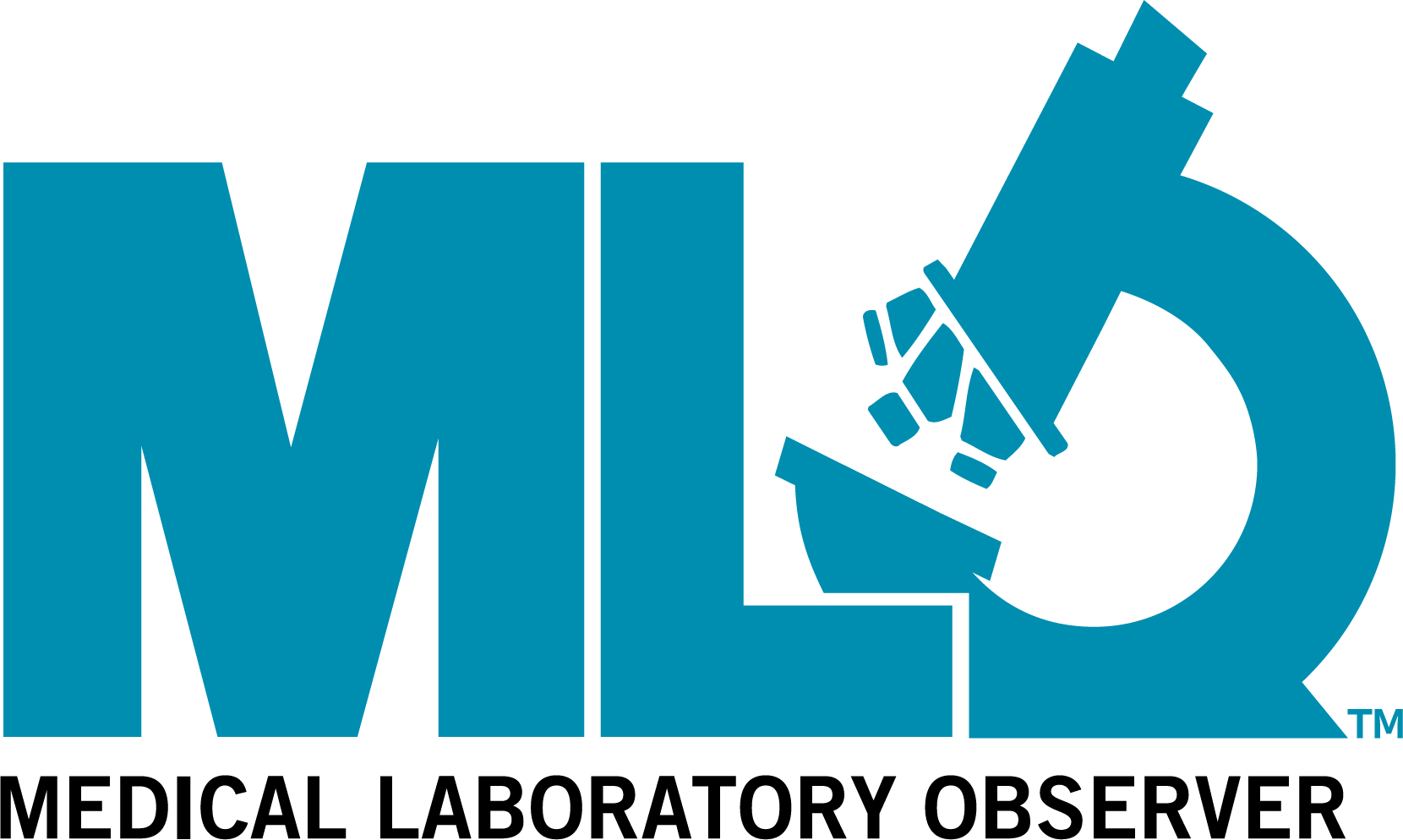November 2, 2025
OncoHost Advances Plasma Proteomics for NSCLC Immunotherapy Monitoring and Prediction

Original source here
Key Insights
- OncoHost presented two research posters at the 2025 ISLB Annual Congress demonstrating plasma proteomics' potential to improve clinical decision-making for NSCLC patients.
- The first study showed plasma proteomic signatures can detect immunotherapy non-responders up to 6.6 months before standard imaging, outperforming ctDNA analysis.
- The second study validated PROphetNSCLC® test in 308 patients, showing it predicts immunotherapy benefit independent of genomic alterations with significant survival advantage (HR=0.39, p<0.0001).
OncoHostSearch company, a precision oncology company, presented groundbreaking research at the 2025 International Society for Liquid BiopsySearch company (ISLB) Annual Congress demonstrating the transformative potential of plasma proteomics in non-small cell lung cancerSearch disease (NSCLCSearch disease) immunotherapy management. The two studies showcase advanced monitoring capabilities and predictive power that could revolutionize treatment decision-making for oncologists.
Plasma Proteomics Outperforms ctDNA in Treatment Monitoring
The first study, presented by Dr. Michal Harel, VP Translational Medicine at OncoHostSearch company, compared plasma proteomic signatures with circulating tumor DNA (ctDNA) for evaluating immunotherapy response in advanced NSCLCSearch disease patients. Using aptamer-based proteomic profiling of approximately 7,000 plasma proteins per sample, researchers identified three critical proteomic signatures.
The signatures reflect soluble PD-1/PD-L1Search drug drug bioavailability, T-cell activation and immune engagement, and intracellular proteins indicating lung tissue damage. Most notably, the tissue-damage signature enabled early detection of non-responders up to 6.6 months before standard imaging could identify treatment failure.
While ctDNA tumor load showed modest correlation with the tissue-damage signature, only the proteomic analysis effectively distinguished clinical response groups. "These results demonstrate the unique systemic insight offered by plasma proteomics - capturing the full tumor-immune interaction beyond what is achievable with ctDNA alone," said Dr. Harel. "This approach has the potential to revolutionize real-time treatment monitoring for immunotherapy patients."
Universal Biomarker Shows Mutation-Independent Predictive Power
The second study, presented by Anna Manasherov, Director of Scientific Affairs at OncoHostSearch company, evaluated the performance of PROphetNSCLC®, the company's commercially available liquid biopsy proteomics test. The analysis included pre-treatment plasma samples from 308 NSCLCSearch disease patients treated with immune checkpoint inhibitorsSearch drug across major genomic subgroups.
Results demonstrated that a PROphet-POSITIVE result predicted significantly longer overall survival with a hazard ratio of 0.39 (p<0.0001). This survival benefit remained consistent across KRAS, STK11, TP53, and KEAP1 mutation subgroups, establishing the test's universal applicability.
Critically, the predictive power of PROphetNSCLC® was maintained independent of mutational status and PD-L1 expression levels. This independence from traditional genomic markers positions the test as a universal biomarker for immunotherapy benefit prediction.
Clinical Impact and Implementation
"The data reinforce the value of PROphetNSCLC® as an independent, mutation-agnostic tool supporting oncologists in selecting optimal first-line treatments," said Dr. Ofer Sharon, CEO at OncoHostSearch company. "Our findings highlight the power of proteomics to transcend genomic boundaries and provide actionable clinical insights."
The PROphet® platform uses a single blood sample to guide first-line immunotherapy decision-making, offering physicians crucial guidance on optimal treatment plans for individual patients. The technology is supported by a large-scale prospective clinical trial involving over 40 sites and 1,700 patients recruited worldwide.
OncoHostSearch company's approach addresses a critical unmet need in NSCLCSearch disease treatment selection, where current biomarkers have limitations in predicting immunotherapy response across diverse patient populations. The plasma-based proteomic pattern analysis captures comprehensive biological processes that genomic testing alone cannot reveal, potentially improving patient outcomes through more precise treatment selection.





